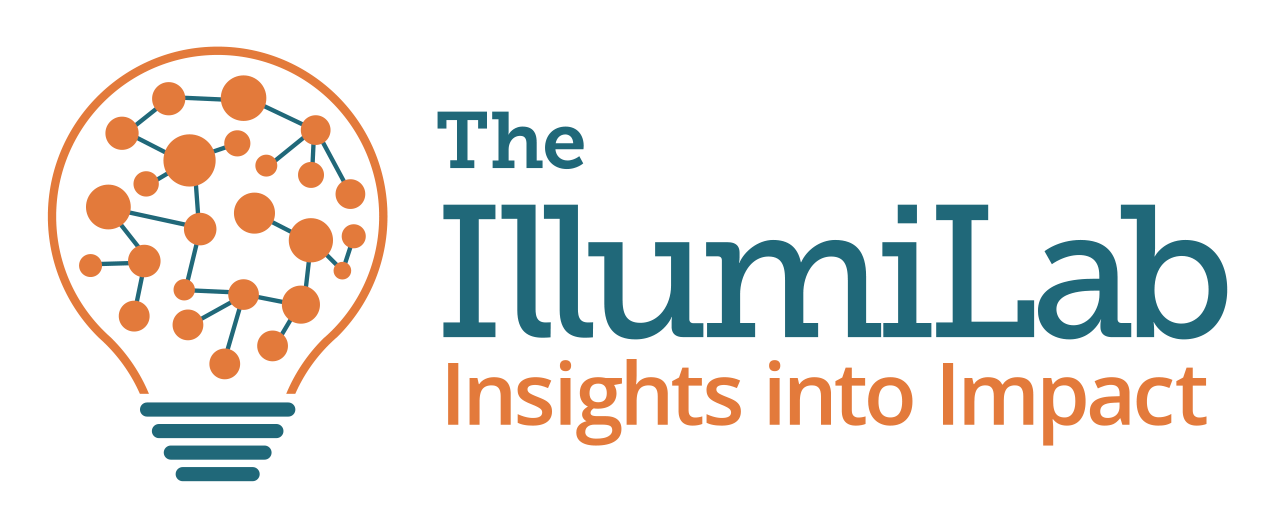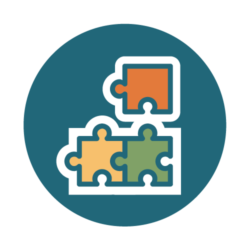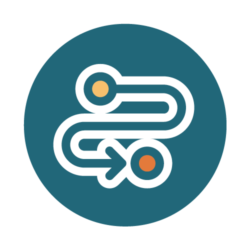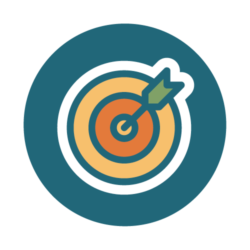Your Tidy Shared Drive Might be Costing You, Too!
Organizations create lots of files. Plans, budgets, procedures, marketing pieces, grant applications, reports, timelines, proposals, memos, newsletters, meeting agendas and summaries (I hope), and on and on. You create, save, and share hundreds of files each month. As I pointed out in my last post, how we name, edit, and save theses files determines how[…]









